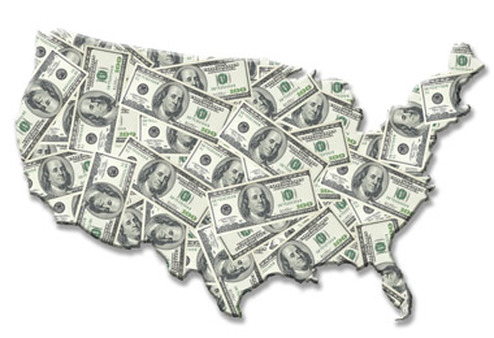

The White House has imposed billions of dollars of tariffs on imported goods in an effort to reduce the U.S. trade deficit and strengthen the U.S. economy, but according to two new analyses the tariffs will do neither.
A research report from the Federal Reserve Bank of New York argues that the tariffs will also reduce U.S. exports because of retaliatory tariffs imposed by countries that the U.S. has targeted and because many export companies depend on imported inputs for the production of their exports.
"Even if U.S. exporters switch to domestically produced inputs their costs will still rise because competing domestic suppliers will be able to increase their markups in the industries that are protected by higher tariffs," notes the report. "The end result is likely to be lower imports and lower exports, with little or no improvement in the trade deficits."
Analysts at the conservative Tax Foundation report that U.S. tariffs imposed on foreign imports have reduced long-run U.S. GDP by 0.06% and wages by 0.04%, but the decline will be far greater if the Trump administration imposes all the tariffs it has threatened, including levies on auto parts and additional Chinese goods, and countries retaliate, as they have threatened to do.
In that case, according to Tax Foundation analysts, U.S. GDP would slide 0.6% and wages 0.39%, and employment would decline by almost 466,000. That would effectively wipe out one-third of the 1.7% gain in GDP that the foundation has been expecting from the massive $1.5 trillion tax cut that took effect this year.



